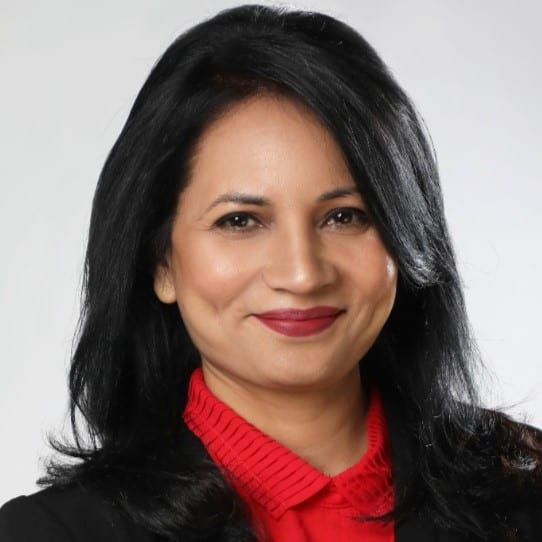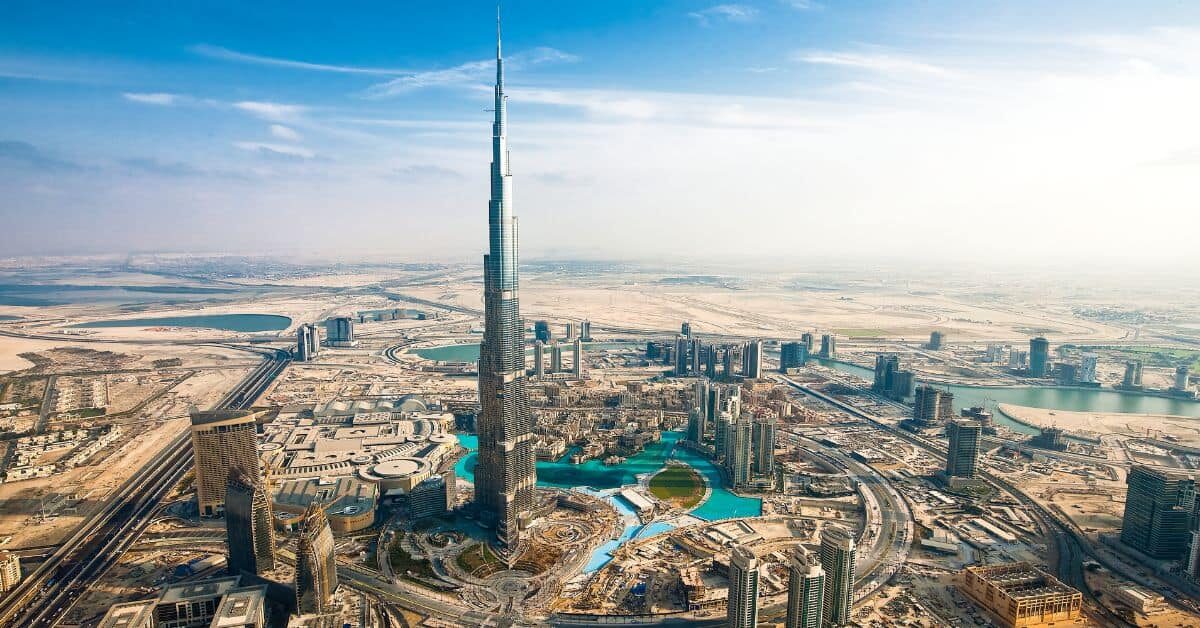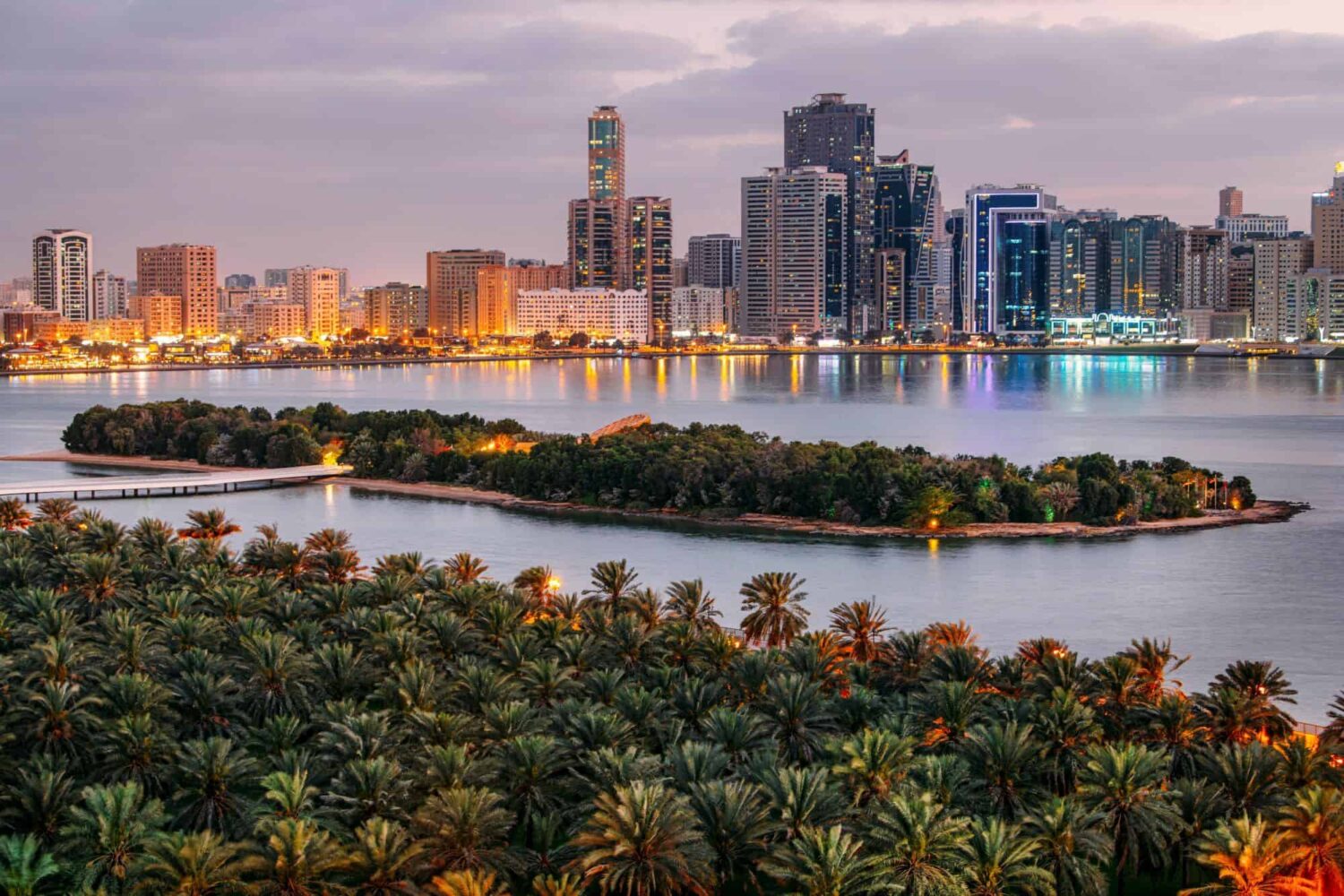DUBAI, UAE – Facility management (FM) in the GCC region is set to experience significant growth in the coming years, driven by factors such as a flourishing tourism industry, increasing expenditures in the building industry, and a surge in the use of advanced technologies like robotics, AI, and infrared/thermal scanning, said an expert.
Sangeetha B, Founder & CEO of Amantra, said that “there is broad consensus that the market will grow at a CAGR of about 10 percent in the foreseeable future.”
Earlier a Mordor Intelligence Report suggested that the GCC Facility Management Market is expected to grow at a CAGR of 8.6 percent between 2018 and 2028.
“The broad consensus is consistent with the tech-driven dynamism in the market, characterized by a surge in computer-aided facility management (CaFM) and IoT adoption. The uptake of FM technologies is also fueled by a larger policy-led emphasis on innovation and future-readiness, to which no economy in the GCC is an exception,” she added

Sangeetha B said that investing in technology leads to greater efficiency and cost savings. “Directly or indirectly, tech-led FM operations increase a building’s marketability, leading to higher rents and fewer vacancies among tenants or occupants,” she explained.
Facilities that offer sustainability, energy efficiency, value-centric facilities, disruption-free services, effective sanitization/cleaning, 24-hour surveillance, and honest dealings are considered more attractive to businesses.
Challenges
Sangeetha B identified labor shortages and rising costs as major challenges in the FM market. “The growing technology adoption has necessitated appropriate training and upskilling of employees, thereby increasing recruitment costs,” she added
The UAE facilities management market is projected to grow at a CAGR of 9.2 percent during the forecast period and reach US$ 27.9 billion by 2025.

The market is segmented into various service types, including soft services such as cleaning, security, and catering, and complex services such as mechanical, electrical, and plumbing (MEP) maintenance and building fabric maintenance.
The soft services segment is expected to dominate the market due to high demand for cleaning and security services.
Sangeetha B said that the GCC region’s many large-scale infrastructure projects, such as airports, seaports, and highways, require facilities management to ensure they are well-maintained and operate efficiently.
As the GCC region continues to grow and develop, the demand for facilities management services is expected to increase, creating new opportunities for companies in the industry, she added.

